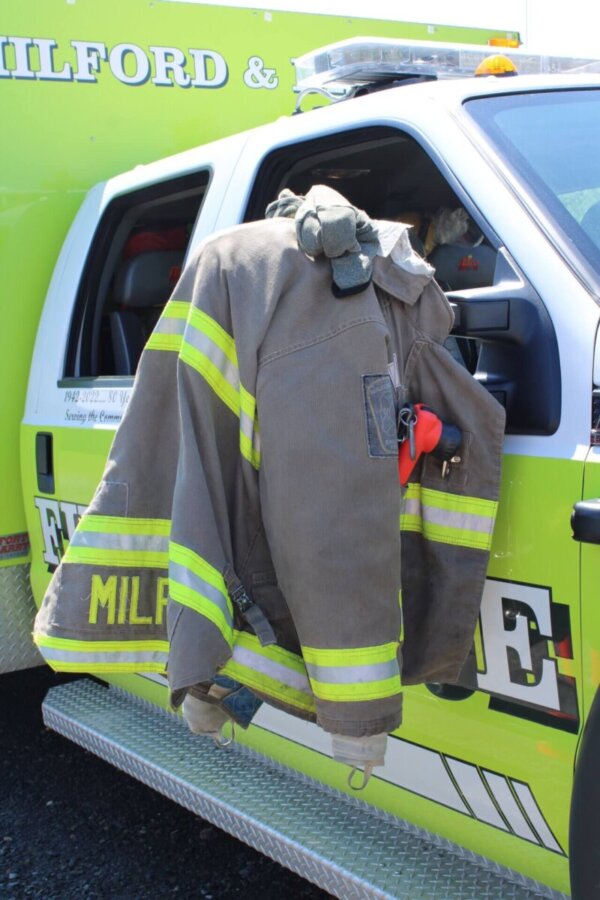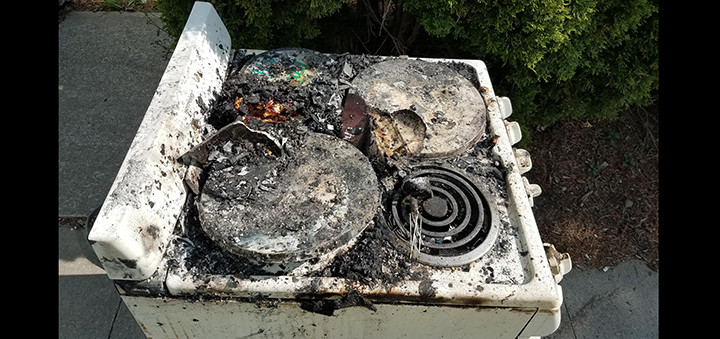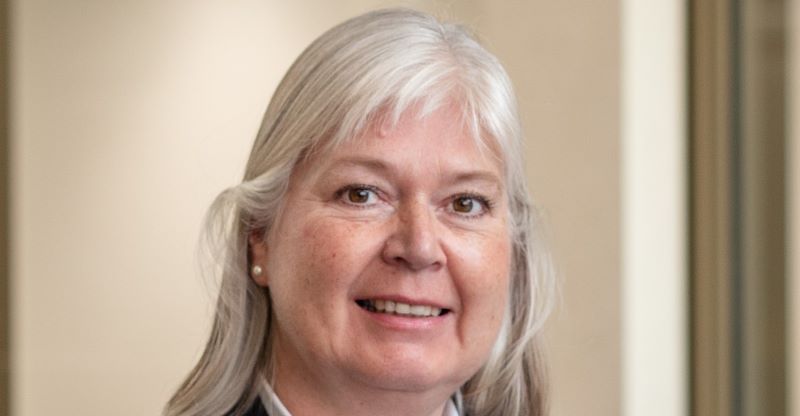BERRYVILLE — A warning to eateries in Clarke County: Don’t let too much grease or other solids get into sewer lines.
Proposed county code amendments are intended to make restaurants and other businesses selling prepared foods aware that clogging lines could result in hefty fines.
The Clarke County Board of Supervisors will hold a public hearing on the changes to code Chapter 180, which concerns water and wastewater matters, at 6:30 p.m. June 20.
Longtime practices and discharge limits set by the Clarke County Sanitary Authority (CCSA) are being codified, said County Administrator Chris Boies.
From a legal perspective, “that will make enforcement actions stronger,” Boies said.
The CCSA provides water/sewer service to Boyce, Millwood and White Post as well as commercial properties around the Waterloo intersection of U.S. 50 (John Mosby Highway) and U.S. 340 (Lord Fairfax Highway). The authority is overseen by a six-member board appointed by the supervisors, one of whom serves on it.
Approximately 400 homes and businesses are served by the CCSA. A private firm, Inboden Environmental Services, manages the systems on the authority’s behalf.
During the past year, the CCSA discovered two eateries — one in Millwood; the other at Waterloo — had discharged large amounts of grease into the sewer system. Tests revealed that discharges from one of the businesses were as much as 170 times higher than allowable limits, said Administrative Assistant Mary Meredith.
Boies said a sewer line is much like an artery leading to the heart. A clogged line prevents the system from functioning properly, causing backups and other problems for customers using it. It also can cause problems at sewage treatment plants.
Both eateries have had to pay fines to the CCSA in addition to costs for repairing their plumbing systems. One has since resolved its problems; the other is in the process of doing so, according to officials.
A county code section currently reads that “no user shall introduce any pollutants into the county treatment works which will pass through or interfere with the operation or performance of the treatment facilities.”
Inboden has suggested more precise wording: “No user shall introduce any pollutants into the county sanitary collection system and treatment works which will pass through the treatment facilities or interfere with the operation or performance of the sanitary collection system or treatment facilities.”
Many of the proposed code changes are technical, specifying limits on amounts of waste amounts that can be discharged. For example, one limits floatable oils, fats and grease of animal or vegetable origin to 100 mg/L or less.
One change put forth emphasizes that “the CCSA sanitation engineer, at the cost of the (business) customer, test restaurants and other commercial entities in the business of preparing food for others at least twice a year for compliance” with code sections.
If a business fails a test, it would be issued a violation notice and a $500 fine. The sanitation engineer then would do a series of unannounced tests, at the eatery’s expense, until the engineer becomes satisfied that problems are resolved and sewer system discharges are back within limits specified under environmental health laws, a code amendment shows.
Three failed tests within three months would prompt the CCSA to suspend sewage treatment to the business which, also at its expense, would have to create a corrective action plan and have it certified by a professional engineer.
Approval by the sanitation engineer would have to be sought. Corrective measures then would have to be installed and approved by that engineer before sewer service is restored, the amendment shows.
The sewer system is “a community asset,” said Boies. “We need to make sure we’re protecting it” properly.
No long-term damages to the system so far have been found, Meredith said.
However, the supervisors remain “concerned about the integrity of the system and damage that may have been done (to it) but not yet revealed,” Boies added.
Next week’s public hearing will be held in the supervisors’ meeting room on the second floor of the Berryville-Clarke County Government Center on Chalmers Court.














